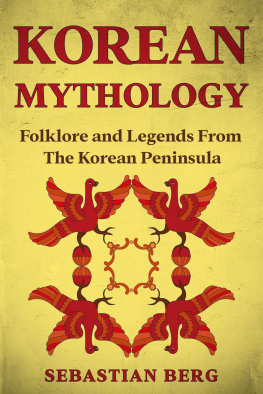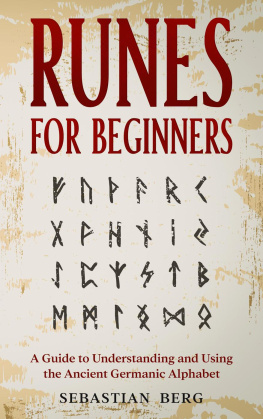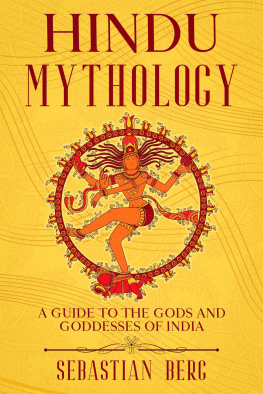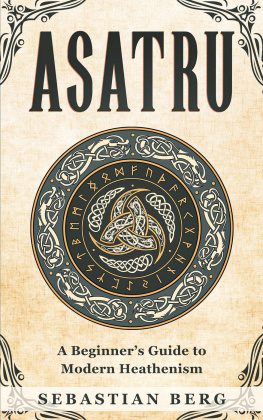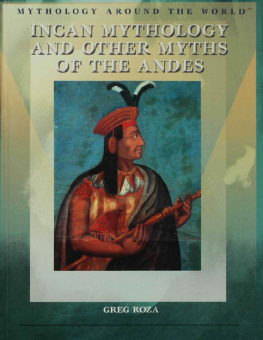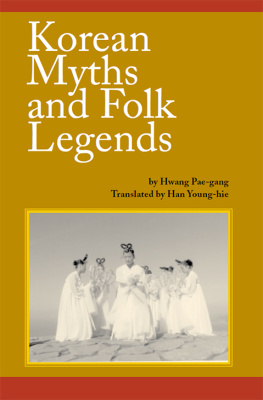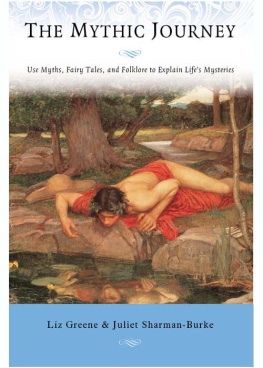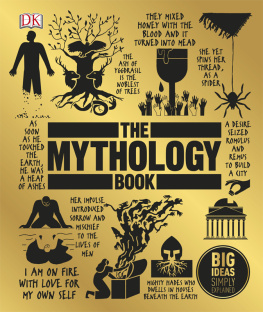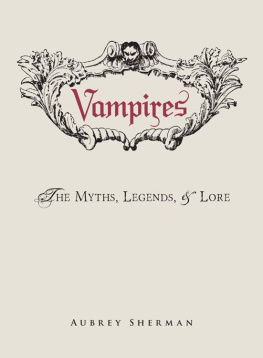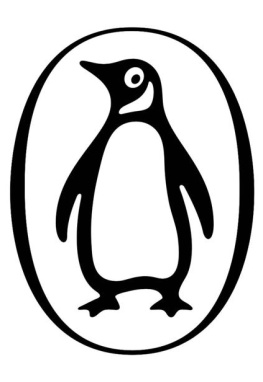Korean Mythology
Folklore and Legends from the Korean Peninsula
Copyright 2022 -Creek Ridge Publishing All rights reserved.
I n no way is it legal to reproduce, duplicate, or transmit any part of this document in either electronic means or in printed format. Recording of this publication is strictly prohibited and any storage of this document is not allowed unless with written permission from the publisher. All rights reserved.
The information provided herein is stated to be truthful and consistent, in that any liability, in terms of inattention or otherwise, by any usage or abuse of any policies, processes, or directions contained within is the solitary and utter responsibility of the recipient reader. Under no circumstances will any legal responsibility or blame be held against the publisher for any reparation, damages, or monetary loss due to the information herein, either directly or indirectly.
Respective authors own all copyrights not held by the publisher.
Legal Notice:
This book is copyright protected. This is only for personal use. You cannot amend, distribute, sell, use, quote or paraphrase any part or the content within this book without the consent of the author or copyright owner. Legal action will be pursued if this is breached.
Disclaimer Notice:
Please note the information contained within this document is for educational and entertainment purposes only. Every attempt has been made to provide accurate, up to date and reliable complete information. No warranties of any kind are expressed or implied. Readers acknowledge that the author is not engaging in the rendering of legal, financial, medical, or professional advice.
By reading this document, the reader agrees that under no circumstances are we responsible for any losses, direct or indirect, which are incurred as a result of the use of information contained within this document, including, but not limited to, errors, omissions, or inaccuracies.
Table of Contents
M yths, legends, and folklore are more than incredible and magical stories and tales. They have a profound purpose in the human world. They explain how human beings perceived and tried to understand how our world operated. Myths give us insight into the working of the human mind from ancient times. Myths are timeless and offer guidance and solutions to many of our problems and misunderstandings.
Korean mythology is a vast collection of folktales and legends from all over the Korean Peninsula. Two of the oldest existing books holding historical records of these mythological stories and tales are:
The stories and events in these two books are based on tales passed down through generations through oral tradition and lost texts. Samguk Yusa was written in the 13th century by a Buddhist monk named Iryeon. It is replete with supernatural stories and contains the myth surrounding the founding of Gojoseon or the first kingdom of the Korean people. Gojoseon is now believed to have been a real kingdom that existed during the Bronze Age. The Samguk Yusa also contains fables and tales from later periods.
Written by a Confucian scholar, the Samguk Saki is more factual than the Samguk Yusa. It lists the founding myths of the Three Kingdoms of Korea, Silla, Goguryeo, and Baekje. The author, however, tells the readers Not to believe these tales because they are only tales with little or no historical approval of actually having taken place. Korean mythology is drawn from the three major religions of Asia, which are Taoism, Buddhism, and Hinduism.
Other than the above two ancient texts, many more books were written documenting the Korean peninsula's myths, legends, and folklore.
Chapter 1: Important Deities in Korean Mythology
K orean mythology and folklore is full of gods, goddesses, and deities, drawn from the rich heritage of the primary belief systems. Known as Shin, which means deity or spirit, they are supernatural beings endowed with the power to influence the human world. Shins are served by female shamans known as Mudang, especially during Gut or sacred rituals. Each god is given responsibility for a special area, although these vary depending on which version of the myth is being told. For example, in some versions, the goddess of birth is Samshin-Halmang, while in other versions, she is Danggeum-aegi.
The intensity of power and hierarchical strength also varies from god to god. To give you an example, guardians of homes are less powerful than gods of nature. Let us look at some of the important deities in Korean mythology.
T his deity is known by various names, including Hwanin, Hanuelmin, Sang-je, Cheonwang, and Cheonjiwang (all of which translate to Heavenly Ruler) the ruler of the heavens. Other names include Sangje, Sanjenim (both translate to the highest emperor).
He is often compared to the Jade Emperor because of the similarity of their roles and is called Okhwangsangje or the Great Jade Emperor. Hwanin oversees both gods and humans and, at times, can bestow divinity on a mortal and make him or her a god or goddess.
Hwanung
Hwanung was the son of Hwanin and is the god of laws. He is one of the founder-gods of Korea, especially according to the folklore of Northern Korea. Hwanung wanted to live among human beings. He told his father about this desire. Hwanin agreed to his sons request and allocated Mount Taebaek to Hwanung to establish his kingdom. Hwanins son descended to the human world with the goddess of rain, Aryongjong, and the goddess of wind, Yondung.
With his first 3000 followers, he established the Divine City, which became his capital, and it was from here his reign spread all across Korea. He constituted all necessary laws for a civilized world in government, morality, agriculture, etc. He also laid down moral codes concerning illnesses, science, lifespans. He played an essential role in the cosmogony story in Korean mythology.
Haemosu
He is the god of the Sun and the first son of Hwanin, the Heavenly Ruler. Ancient illustrations depict him as a young man wearing a headdress made of crow feathers. All crows, specifically three-legged crows, represent the sun in many Asian cultures. Haemosu carries the Yonggwanggeom (Sword of Dragons Light) and rides a chariot named Oryeonggeo, pulled by five dragons.
Next page
